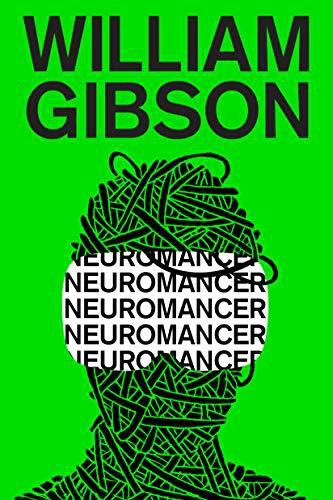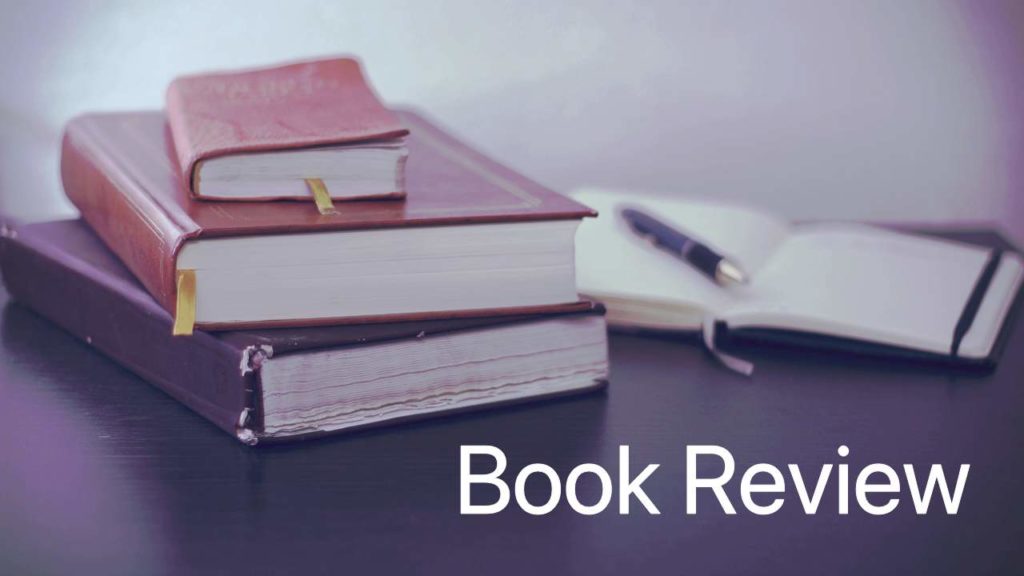1984 by George Orwell
- 1949; rpt. 2017
- Kindle Ed.

I don’t remember when I originally read this book, although I bet it was in high school, since the book has been a staple of the high school curriculum for generations. Rereading it now, almost 60 years later and about 6 weeks before the U.S. Presidential election (2024), I was struck by how eeriely contemporary all the discussion about controlling information, changing the past to fit the present, and teaching people to believe whatever they’re told sound. It nearly broke my spirit to realize that all this was originally published in 1949.
But my main takeaway from this rereading experience is the question of how to evaluate this book: as a cultural/historical document, or as a work of art? I finally decided to avoid the issue by not giving the book a star rating.
As a cultural/historical document, 1984 presents themes and issues that continue to inform how each of us can decide on how to live our lives. Do we want to become members of the Party, like O’Brien in the novel, or do we want, like Winston Smith, to be able to do meaningful work, to love and be loved, to trust our own experience, and to make our own decisions?
While the book is very effective in communicating its message, I found it less satisfying as a literary work. When, near the beginning of the novel, Winston Smith sits down with his ink pen and his book of lovely blank pages to begin a diary, I expected that diary to serve as the novel’s driving structure. But, after he thinks about for whom he’s writing, we don’t see it again. Later, when Winston reads a book as a subversive act, it’s Goldstein’s book, not his own. And the extensive section of the book that Winston reads aloud to Julia is a much less interesting explanation of how the Party works than the story of Winston and Julia that we’ve been reading in Orwell’s novel. I would have preferred to see less abstract discussion and more novelistic plot and characterization.
Nonetheless, 1984 is an important novel with an important message. There’s a reason why so many people want it banned, and why we need to keep reading and discussing it.
© 2024 by Mary Daniels Brown


Neuromancer by William Gibson
- 1984; rpt. Penguin Random House, 2004
- paperback, 288 pages
- ISBN 978-0-441-00746-2
This book, Gibson’s first novel, is the only novel ever to win the Nebula Award, the Philip K. Dick Award, and the Hugo Award. It is now considered one of the earliest works of cyberpunk, a subgenre of science fiction set in a dystopian future world and focusing on drugs and technological developments such as artificial intelligence and body implants.
I first read Neuromancer in 1997. Although I didn’t understand most of the technology, I recognized the story pattern of the hero’s quest. Although the protagonist, Henry Case, is an anti-hero rather than a hero, he undertakes one last challenge, which he expects will fail, in an effort to save himself from a toxic death.
The second time around, Case still sets out to save himself. And I still don’t understand all the drug slang and technological stuff. I’m not sorry I reread the book, but I won’t be reading more cyberpunk works any time soon.
© 2024 by Mary Daniels Brown


I reread 1984 a few years ago and found it fairly tedious. It still made me angry but I can really see why this is on so many school reading lists.
Thanks for commenting, Anne. I found the whole long section late in the novel, when Winston reads Goldstein’s book to Julia, extremely tedious. But I still think it’s an important novel, especially for high school students, who are in the process of figuring out who they and what they believe.